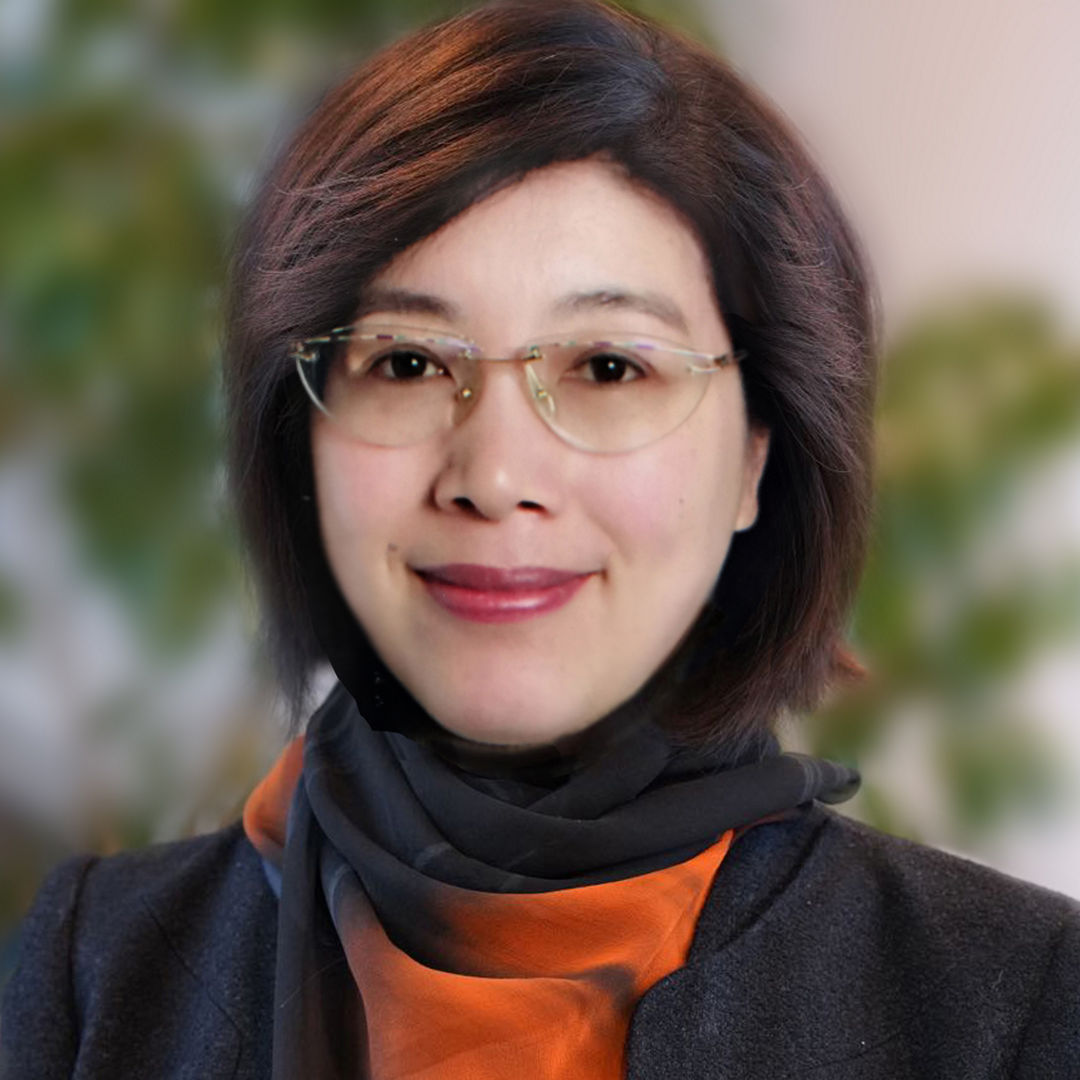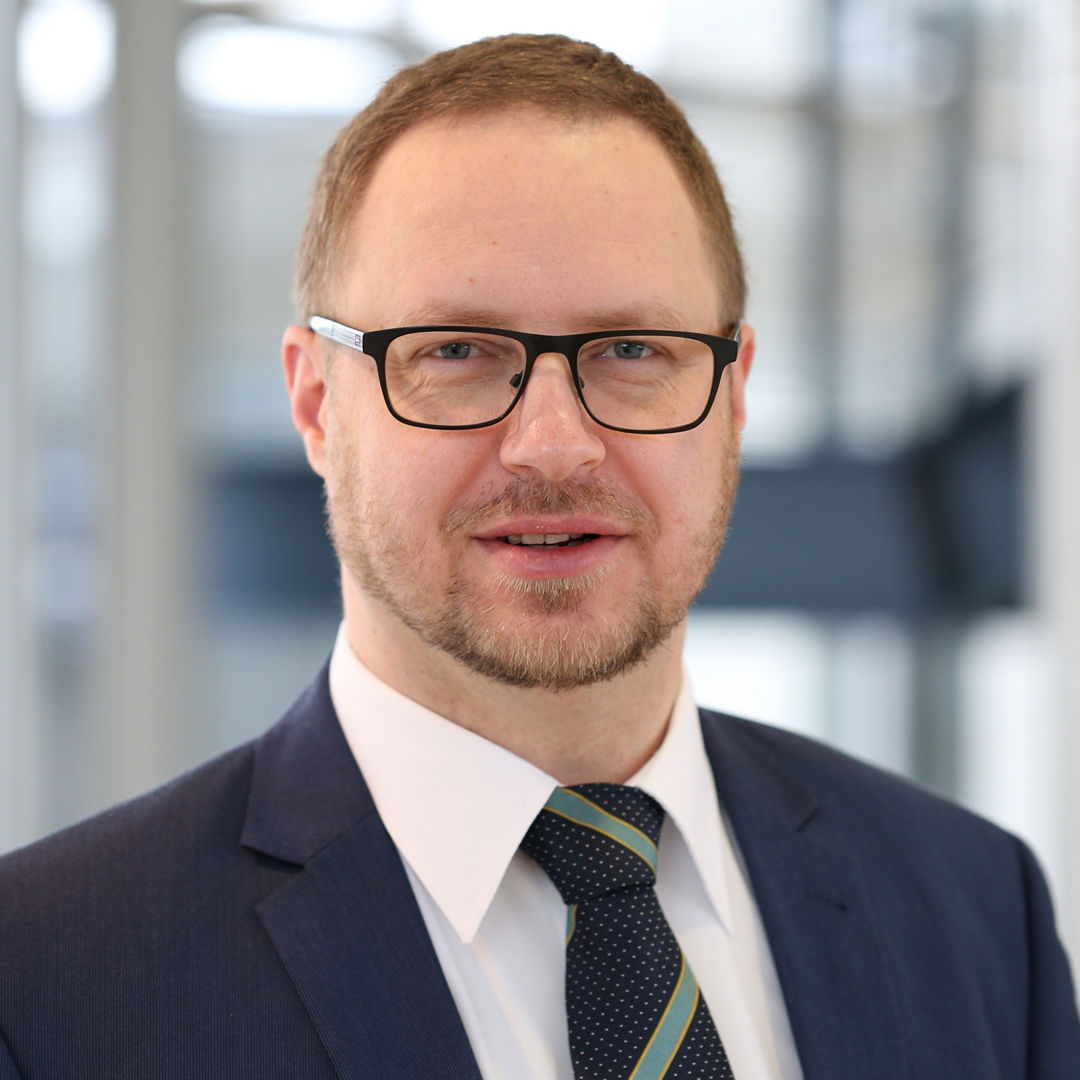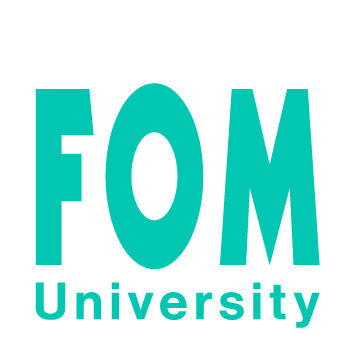Oh no, somethings seems to have the broke the search results. Please try rephrasing your search term!
Electrical Engineering & Information Technology
Bachelor of Engineering (B.Eng.)
Bachelor of Engineering (B.Eng.)
Electrical Engineering & Information Technology
Give your career a boost – with an internationally recognised degree of the FOM German-Sino School of Business & Technology! The FOM’s first engineering cooperation programme is a milestone in the university’s involvement with China.
During your German engineering university education you will be studying in Shenyang/China as well as in Essen/Germany. Your chances on the international labour markets will increase due to a double bachelor's degree.
The FOM study concept “3+1” comprises of eight semesters. You will complete your basic studies at the University of Shenyang in Shenyang/China. In the first year of studies the lectures will be held entirely by Chinese professors, in the second and third year of studies the lectures will be held by professors of the University of Shenyang as well as by professors of the FOM.
Career boost with the double bachelor’s degree
The fourth year of the cooperation study programme will be held at the FOM University of Applied Sciences in Essen. There the lectures and seminars will be held in English by professors of the FOM. Proof that you have the required English language level will be provided by a test, for example IELTS (5.5 points) or TOEFEL (80 points). At the same time you will acquire the important skills to successfully apply for work internationally. In addition, you will work on your bachelor thesis in Essen.
Profit from the University's involvement with China, and boost your career with the double bachelor's degree. In addition, increase your chances by pursuing a master program at the FOM.
You will complete your bachelor studies in Electrical Engineering & Information Technology with the academic degree of Bachelor of Engineering (B.Eng.).
Duration
Studymodel
Credit Points
Accreditation (Bachelor)
- Prerequisites for admission
- Start & duration
- Tuition fees
What you need for admission
- General university entrance qualification or equivalent (e.g. Gaokao)
- English language proficiency B2 or above
Start: winter semester
Duration: 8 semester
Studycosts
-
total fees
-
The tuition fee is based on the enrolment fee and FOM's regular tuition fees, plus the fees of the cooperation university. For more information, please contact our Student Advisory Service.
Semester Overview
Study programme
Electrical engineering
Electrostatic field
Simple electrical networks
Power supply mechanisms
Stationary magnetic field
Alternating voltage and alternating current
Switching operations
Laplace-Transformation
Physics
Physics of oscillation
General wave theory
Electromagnetic waves
Geometrical optics and wave optics
Fundamental quantum physics
Basics of atom physics
Elemental nuclear physics
Digital technology
Number systems
Coding, code security
Logical connections
Calculation rules of Boolean algebra
Circuit analysis, circuit synthesis
Work methods and software application
Time management
Self-management
Methods of literature research
Elemental modelling II
Micro processor technology
Structure and functionality of micro computers and micro processors
Standard processors and signal processors, micro controllers
ASIC
Circuit design
Programmable logic
Use of micro controllers
Programming environment
Computer science
Abstract machines and formal languages
Data structures
Algorithms
Programming languages
Software engineering
Databases
Digital technology
Number systems
Coding, code security
Logical connectives
Calculation rules of Boolean algebra
Circuit analysis, circuit synthesis
Service engineering
Markets and perspectives
After sales service
Service engineering
Service supply chain management
Replacement parts management
Outsourcing and collaboration (incl. operator models)
Technology and innovation
Materials of electrical engineering
Galvanic cells
Electrolysis
Conduction mechanism
Conductor materials
Resistance materials
Contact materials
Superconducting materials
Industrial information technology (6 CP)
Computer architecture
Industrial computer systems
Task and structure of operating systems
Computer networks, stratigraphic model of communication
Industrially used protocols
Programming
Measurement engineering, steerage engineering and control systems engineering
Measuring instruments and methods
Computer-aided measuring
Basic concepts of control technique and types
Programmable logic controller
Basic concepts and tasks of control systems
Control loop
Project management
Software use in project management
Problem solving techniques and creativity techniques
Communication strategies and conflict solving strategies
leadership techniques
Maintenance management
Parameters of the business of production plants
Work preparation, maintenance and production
Inspection, preventive maintenance
Maintenance personnel
Maintenance costs
Degree of utilization and service life of machines
Study project IHM I
Company organisation and logistics
Production planning and controlling
Business logistics
Business strategies
Arrangement of operating cycles
Production types
Electronics
Amplifier principals, ideal und real operation amplifiers, operational amplifiers - basic circuitry
Integrator and differentiator
Electronic filter circuit
Voltage regulating circuit
Diodes and transistors
Simulation of electronic circuits
Sensors and actuators
Sensor-technical-physical basics
Sensors of geometric, kinematic und dynamic dimensions
Embedded Sensors
Micro sensors
Actuators
Study project IHM II
Quality management
Foundations, goals and essence
Standards, regulations and documentation
Statistics and probability calculation
Methods of quality testing
Total quality management
Methods of quality planning
Energy technology
Power plant technology
Steam power plant, nuclear power plant, gas turbine power plant and combination power plant
Fuel cells
Cogeneration and block-type thermal power station
Hydropower plants
Waste recycling
Energy distribution
Energy storage
Business studies
Business terms and theoretical concepts
Methods for business analysis and synthesis
Market and competition analysis and strategic positioning on the market
Renewable energies
Energy and climate protection
Solar thermal energy, photovoltaics
Wind energy, hydropower, geothermal energy
Biomass, fuel cell
Telecommunications engineering
Signals and systems
Pulse-Code-Modulation, digital signal processing and audio coding
Modulation of a sinusoidal carrier
Digital transmission in the baseband
Telecommunications network
Optical telecommunications
Mobile communications
Power electronics
Switch operation, power balance, operation quadrant
Power semiconductor
Converter circuitry
DC circuits
Converter with DC link
Mechanical plants
Forces, torques, cutting principal, determination of centre of gravity
Tensile and compressive stress
Steiner's theorem
Bending and torsional stress
Kinematics and Kinetics
Electrical machines
Machine basics
Control and movement processes
Determination of the necessary engine power
Dynamic behaviour of electrical machines, controlled electric drives
Mechatronics
Modelling of mechatronic systems
System engineering methods
Positioning techniques and robotics
Computer engineering, automotive engineering, precision engineering, building services engineering and medical engineering
Entrepreneurial simulation
Entrepreneurial thinking and acting
Commercial and/or legal aspects
Specialised study project
Scientific-theoretic study project
Applied contents of a chosen field of specialisation
Methodical handling of scientific texts and systematic research
Project seminar final paper
Preparation to work on the final paper
Work planning, time management, project management
Bachelor Thesis and Colloquium
Subject to change.

Contact at FOM University of Applied Sciences


